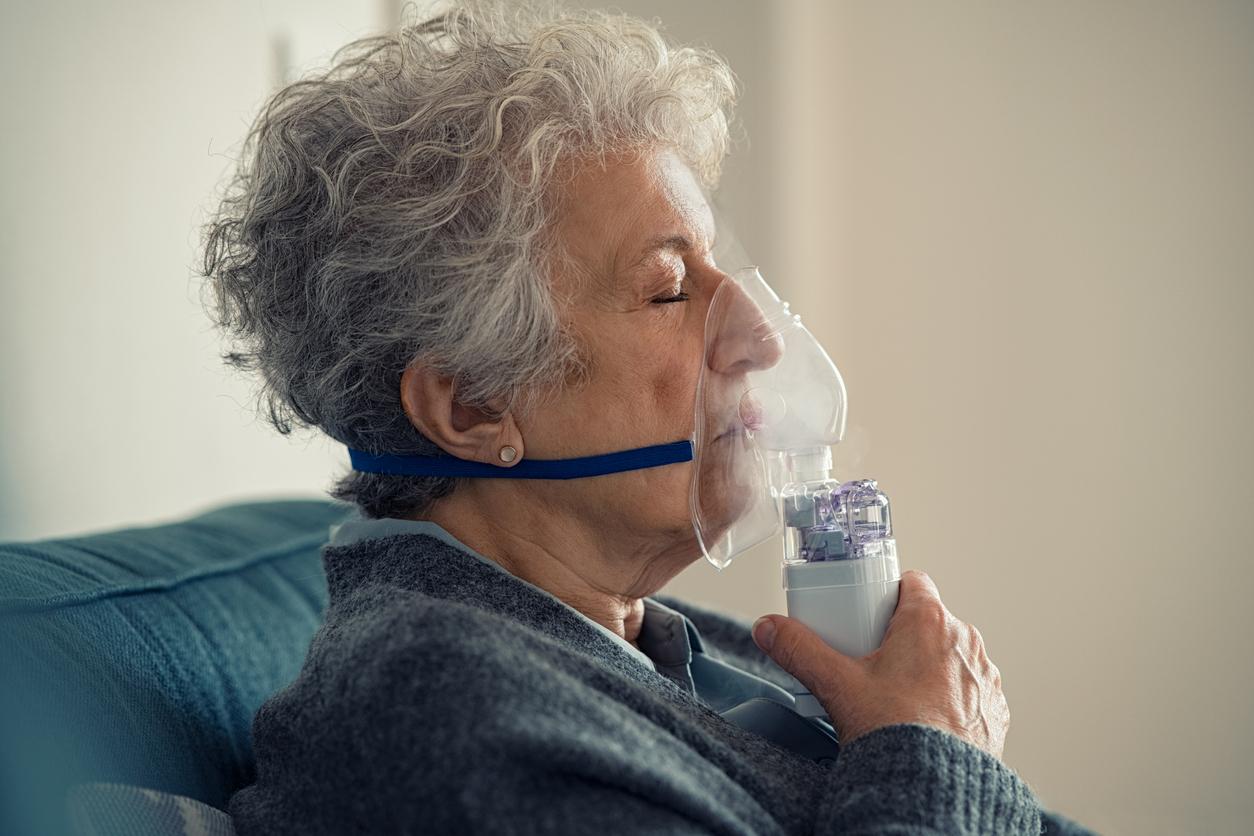The risks of premature death and thromboembolic accidents are increased with the pills, in particular those of 3rd and 4th generations. The Ansm recommends restricting their prescriptions.

Are combined oral contraceptives (COCs) associated with a high risk of venous thromboembolic events (VTEs) and premature mortality in women aged 15 to 49? For several months, the Justice, the National Medicines Agency (Ansm) and the public authorities have been called upon to answer this question.
For the first time, the Ansm has just delivered full results, to say the least worrying. From 2000 to 2011, COCs were responsible for 2529 venous thromboembolic events and 20 premature deaths each year. 778 are attributable to COCs of 1e and 2e generations, 1751 to those of 3e and 4e generations.
In 2011, more than 4 million women were using these oral contraceptives. “The risk of ATEV is low”, observes the Ansm which argues that it “increases with age in all women, whether or not they use a COC”. However, those who use oral contraceptives, especially 3e and 4e generations, are more exposed.
Consequently, the Ansm recommends “the use of alternative means of contraception, the reduction of exposure to 3rd and 4th generation COCs, which should only be used as second-line, taking into account of risk factors before any prescription … “
Raising awareness among “women and health professionals of the risk of ATEV and the associated signs that should alert and lead to consultation for early treatment, are all measures that could help reduce the number of cases of ATEV and associated deaths, conclude Ansm officials.
.

















